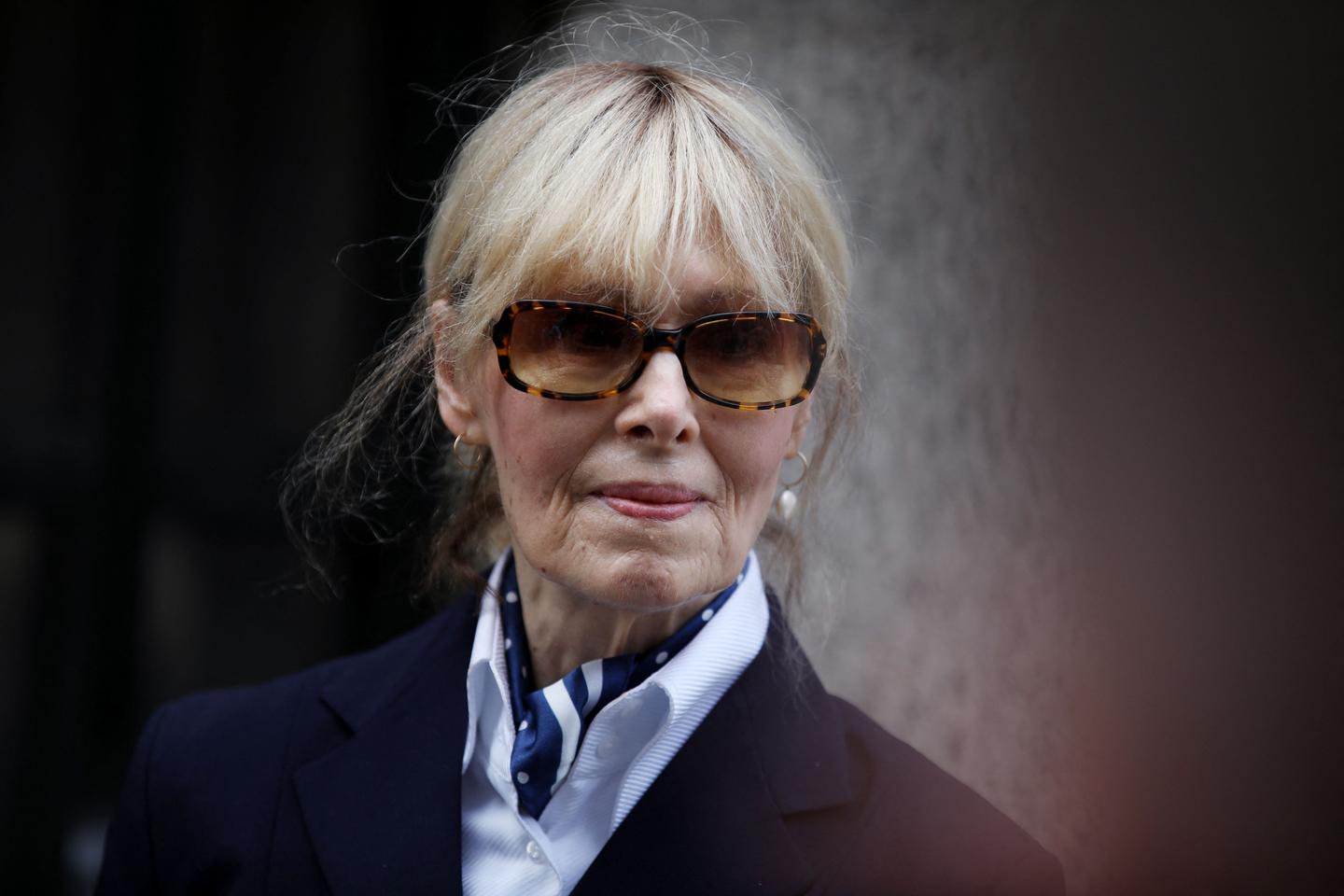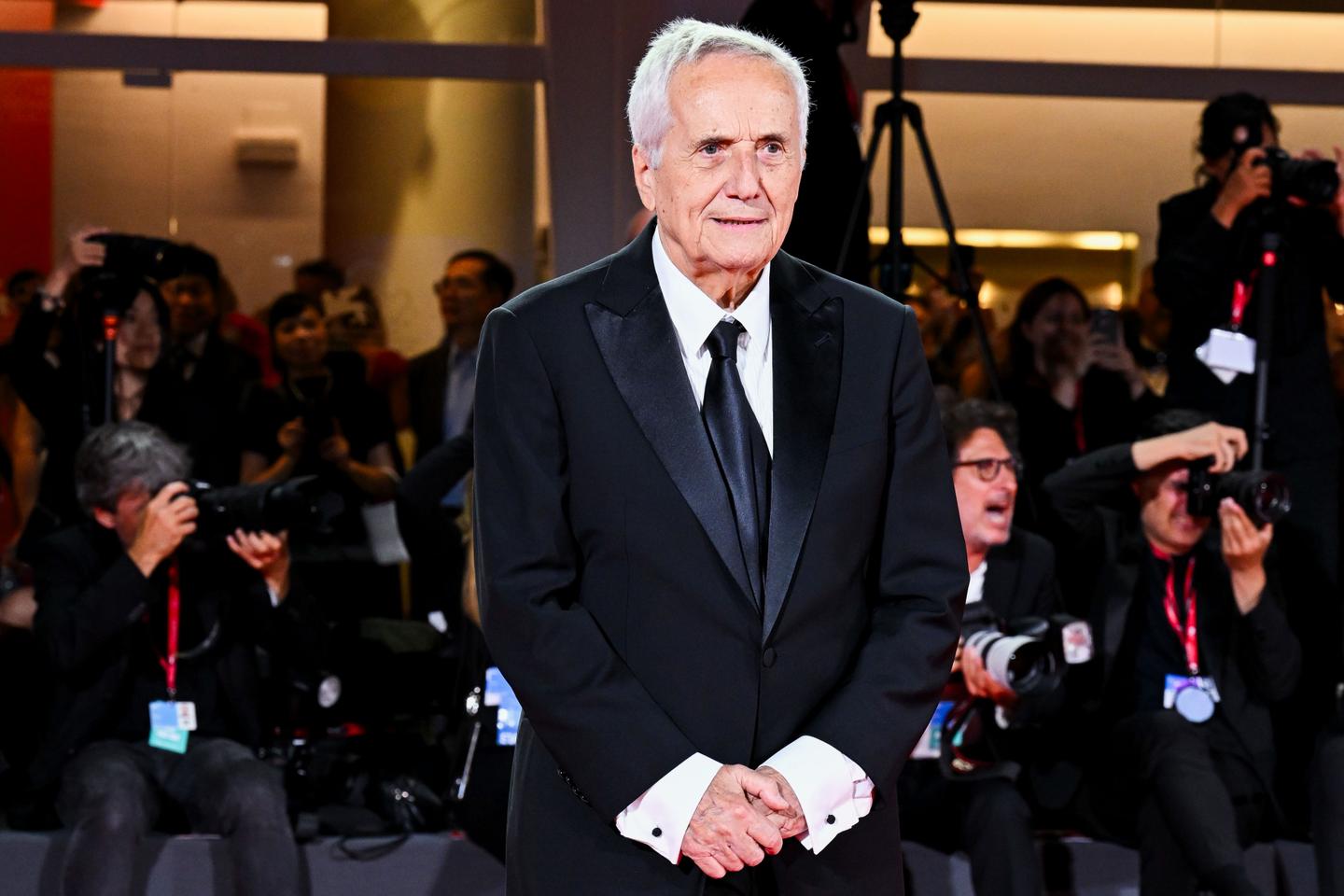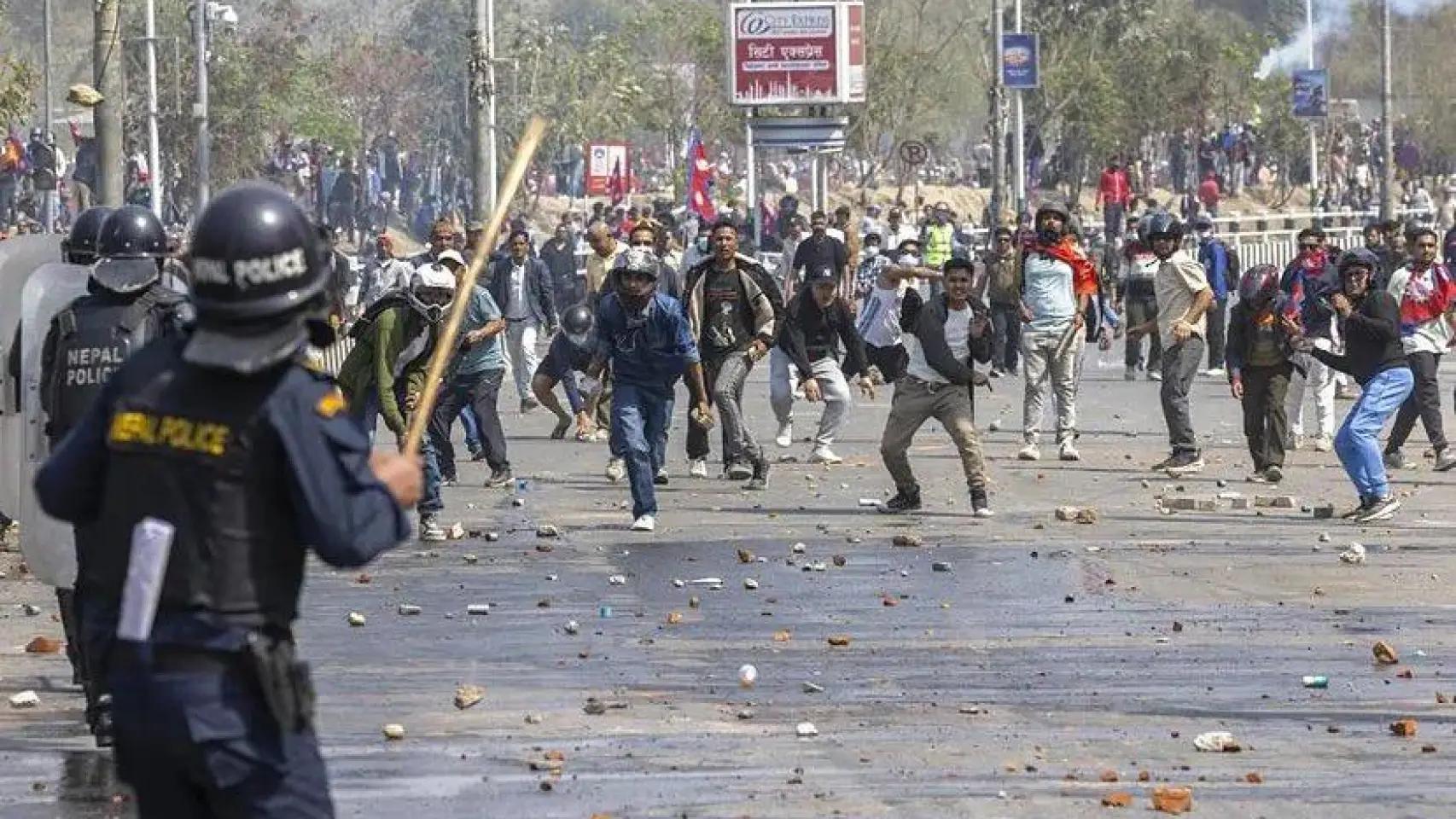Alaa Abd El-Fattah, Pro-Democracy Activist, Released After Years in Egyptian Prison
After nearly 12 years of imprisonment, pro-democracy activist Alaa Abd El-Fattah, a British-Egyptian citizen, has been released from an Egyptian prison. The release follows a presidential pardon issued by President Abdel Fattah el-Sissi on Monday and brings an end to a long-fought battle for his freedom.
Details of the Release
Alaa Abd El-Fattah's sister, Mona Seif, confirmed the release on social media, describing it as "an exceptionally kind day." He was released from Wadi Natron Prison and has returned to his home in Cairo. The pardon was facilitated after the National Council for Human Rights appealed to President el-Sissi on humanitarian grounds for him and five other prisoners.
Background of Imprisonment
Abd El-Fattah, a prominent figure in the 2011 Arab Spring uprising, has been repeatedly arrested and imprisoned by Egyptian authorities. His initial arrest in 2014 stemmed from participating in an unauthorized protest and allegedly assaulting a police officer. He was briefly released in 2019 before being detained again later that year during a security crackdown. In 2021, he was sentenced to five years in prison for spreading false news.
His detention has been widely viewed as symbolic of the restrictions on freedom of expression in Egypt, with the UN Working Group on Arbitrary Detention stating that he was arrested "for exercising his right to freedom of expression." When his release date approached in September 2024, authorities refused to count his pretrial detention, extending his sentence until 2027.
International Pressure and Family Advocacy
Abd El-Fattah's case has garnered significant international attention. His family, including his mother Laila Soueif and sisters Mona Seif and Sanaa Seif, have relentlessly campaigned for his release. Laila Soueif, who obtained British citizenship, staged a hunger strike to pressure the British government to intervene. Keir Starmer, British Prime Minister, made securing Abd El-Fattah's release a foreign policy priority.
Following the news of the pardon, Yvette Cooper, the UK Foreign Secretary, expressed her gratitude to President el-Sissi. The United States also withheld a portion of military aid to Egypt over human rights concerns, before releasing the funds amid tensions in the region.
Reactions and Future Implications
The pardon has been welcomed by human rights organizations, though some have cautioned that many other political prisoners remain detained in Egypt. Amr Magdi of Human Rights Watch expressed hope that Abd El-Fattah's release would serve as a "watershed moment" to end wrongful detentions of peaceful critics.
It is unclear if Abd El-Fattah will be allowed to leave Egypt, though his lawyer has stated that his name has been removed from the government's "terrorism list," which would allow for international travel. Abd El-Fattah has expressed a desire to retain his Egyptian citizenship and reside in Cairo.
 Visit the website
Visit the website







